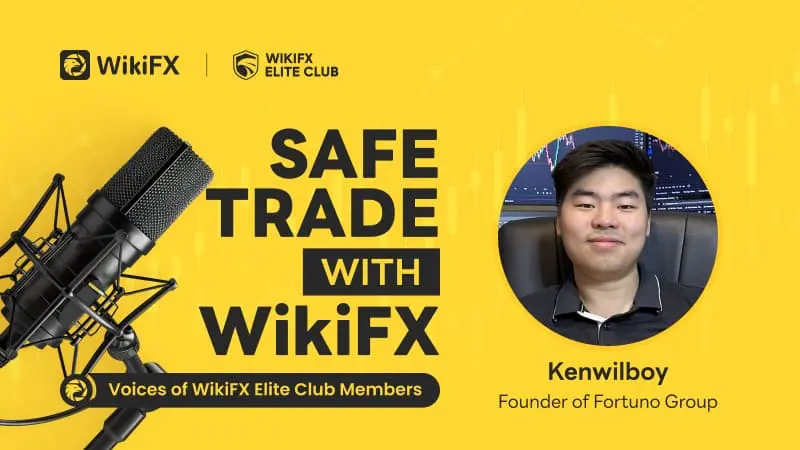Abstract:Global financial markets have become increasingly reactive to even minor developments in international trade talks.

Hints of progress or speculation around restrictions can cause swift and sometimes sharp swings across equities, currencies, and commodities. Stocks have seen intraday gains erased as optimism gives way to caution.
The euro-dollar pair, for example, has fluctuated notably amid conflicting signals. Meanwhile, energy prices have surged on hopes of increased demand tied to trade normalization. These reactions show just how sensitive markets remain to the uncertain and fast-shifting landscape of global trade negotiations.
Plenty of Talk, Few Tangible Results
While negotiators from multiple countries have voiced a willingness to cooperate, the road to finalized agreements remains murky. In many cases, statements of optimism are tempered by acknowledgments of unresolved differences.
Meanwhile, some regions are quietly preparing fallback strategies, including potential trade restrictions, should talks stall. Despite high-level meetings and diplomatic visits, progress has so far been more symbolic than substantive.
Investors are looking beyond positive rhetoric and waiting for binding, enforceable outcomes before adjusting expectations.
Beyond short-term volatility, prolonged trade disputes are reshaping the underlying framework of the global economy. The uncertainty is prompting companies to reevaluate production hubs, rethink cross-border investments, and brace for regulatory shifts. Sectors like manufacturing, energy, and raw materials are especially exposed to these pressures.
In an already fragile macroeconomic climate, unresolved trade tensions could further complicate efforts to maintain stability and growth, particularly if inflationary pressures rise. As the world waits for clarity, economic headwinds may strengthen before meaningful resolutions arrive.










